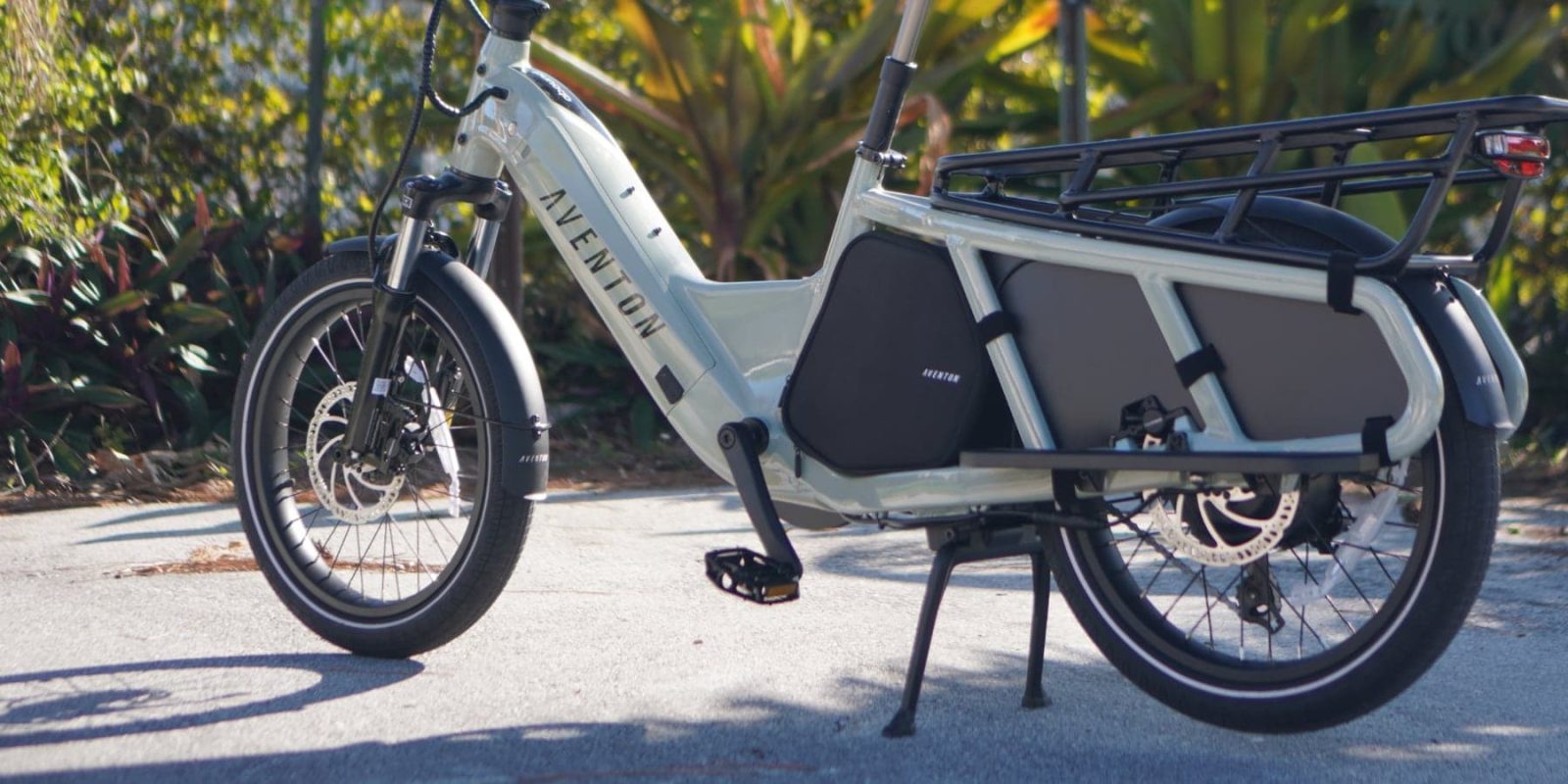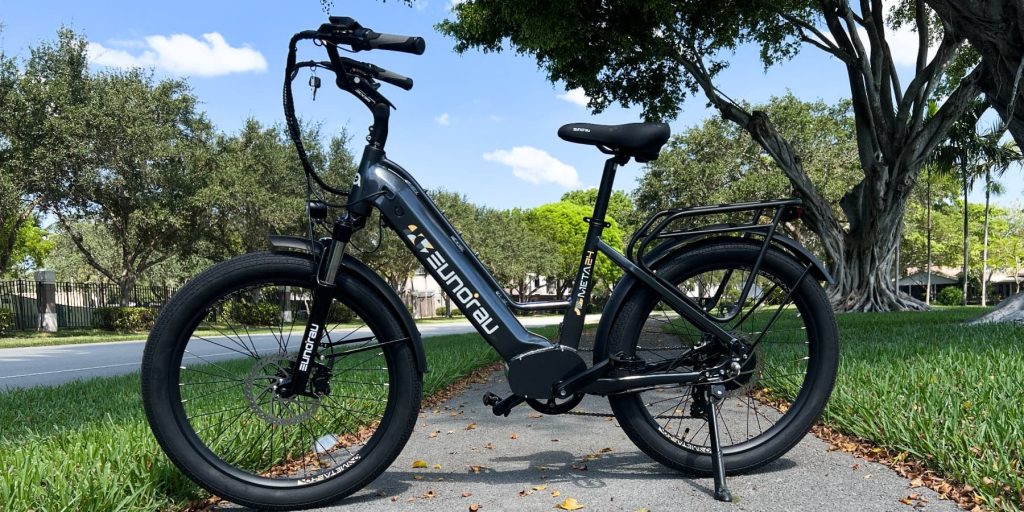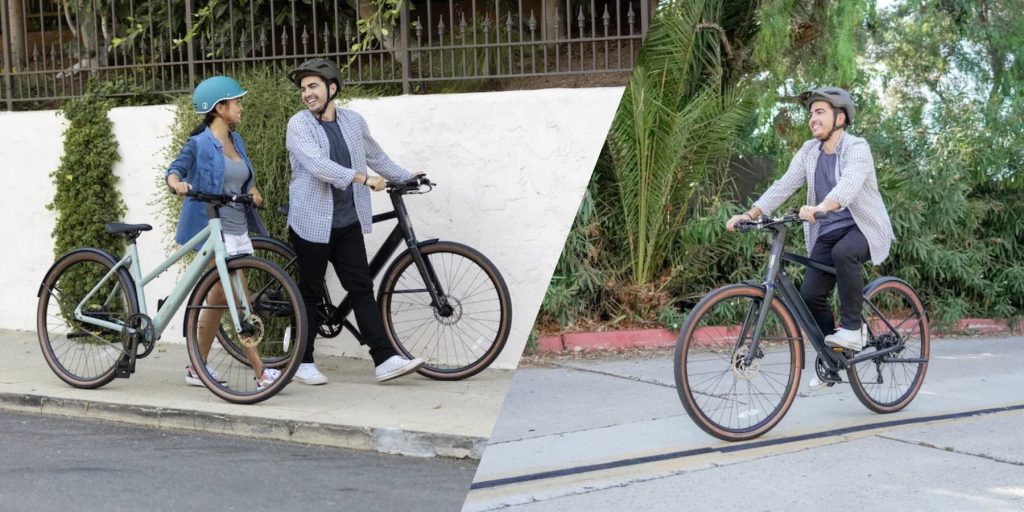
In what couldn’t have been extra on-the-nose timing, a gaggle of native California newspapers revealed an editorial on Christmas Eve calling for the tip of a beneficiant $2,000 voucher program supposed to assist low-income Californians afford electrical bicycles for transportation.
The editorial was supplied by the Southern California Information Group, a group of California newspapers owned by the hedge fund Alden International Capital.
In it, the writers air quite a few grievances in opposition to this system, which lately closed its first spherical of functions supposed to offer round 1,500 e-bike vouchers of between US $1,750 to $2,000 every. The vouchers can be utilized to offset the worth of electrical bicycles and related gear akin to protecting gear, locks, and so on.
The primary grievance within the op-ed is that the entire variety of vouchers supplied within the first spherical was comparatively small in comparison with the big measurement of the California e-bike market. Nevertheless, as an alternative of suggesting that the funds be elevated to assist extra Californians obtain transportation independence, as we known as for lately, the editorial takes the other place of suggesting that this system merely be canceled.

Subsequent, the writers bemoan a rise in electrical bicycle and electrical scooter accidents lately, suggesting that this needs to be weighed in opposition to the advantages of serving to extra Californians afford such automobiles.
Nevertheless, the argument appears to conveniently overlook the truth that the overwhelming majority of such accidents aren’t brought on by e-bike riders, however relatively these riders are actually normally the victims. The precise hazard to security on roads is vehicular visitors, i.e. vehicles and vehicles.
Moreover, many research have proven that in crashes brought on by e-bike riders, akin to when an e-bike rider hits one other bike owner or pedestrian, the accidents are on common significantly lighter and extra recoverable than in car-related crashes.
If the aim was to guard Californians, then as an alternative of firmly clutching their pearls, maybe the editorial writers ought to have urged a discount in the usage of vehicles and vehicles, not a discount in e-bike vouchers.
The op-ed even goes on to lament the variety of kids driving electrical bicycles in California, although admits additional on that kids aren’t eligible to obtain vouchers as a part of California’s e-bike incentive program.

Electrek’s Take
California’s e-bike incentive program is definitely removed from good. We even mentioned a lot of its shortcomings final week. However this system’s essence is to do a very good factor—utilizing public tax cash to profit the general public. The answer needs to be to enhance this system, to not take away it. And the straightforward truth of the matter is that almost all people who find themselves vehemently in opposition to this system are those that don’t instantly profit from it, even when they fail to appreciate that they may finally not directly profit.
Electrical bicycles are some of the cost-effective methods to offer transportation independence to marginalized and low-income teams. But it surely’s extra than simply that. They’re additionally the easiest way to get folks out of vehicles and scale back visitors for everybody. Even ignoring the long-term environmental results associated to decreasing the impacts of local weather change, e-bikes are uniquely able to making a bigger impression on air high quality right now by serving to to take away sources of emissions from a automobile’s manufacturing all through its lifetime use and even to its eventual disposal/recycling. When somebody rides an e-bike as an alternative of taking a automotive, taxi, or bus, everybody’s lungs profit.
Certain, the California program isn’t good. But when a media group owned by a rich hedgefund and catering to a well-to-do readership doesn’t prefer it, then meaning it’s most likely doing one thing useful to individuals who really need it. That’s the sort of world I need to reside in, not less than for so long as it’s nonetheless habitable.
FTC: We use earnings incomes auto affiliate hyperlinks. Extra.



